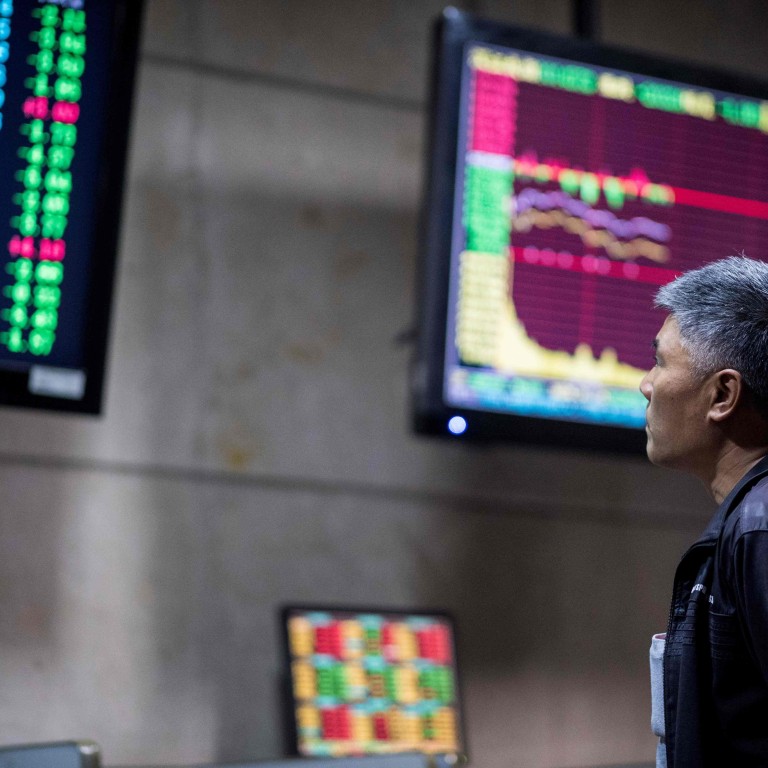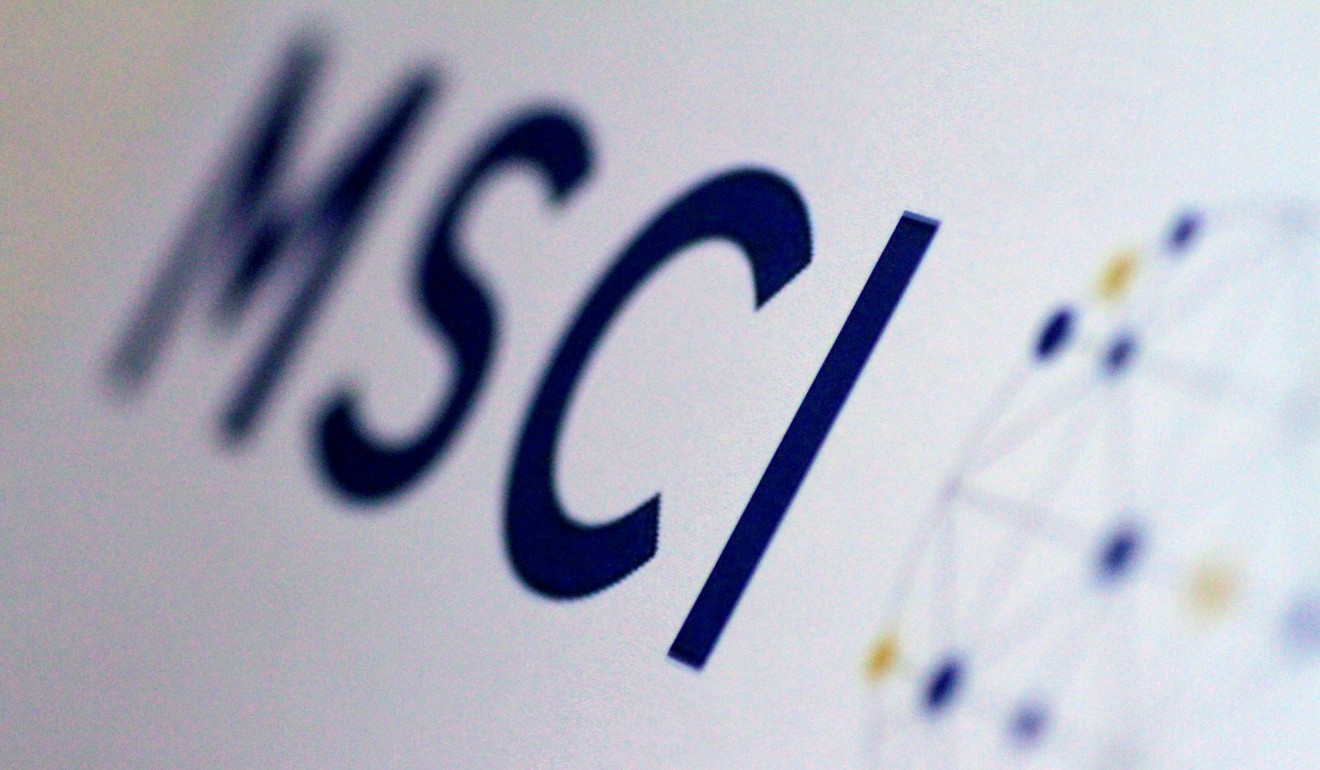
China’s A shares, world’s worst performers last year, are ‘most investible’ in 2019, says fund house
- Two years as world’s worst performing market just a short-term disruption, says fund house
- MSCI’s inclusion of A shares in its indices to have boosted foreign investment in these stocks
After holding the title as the world’s worst performing market for two straight years, China’s A shares would be among the “most investible” assets globally in 2019, according to Invesco Great Wall.
The benchmark Shanghai Composite Index lost 24 per cent last year as investor sentiment weakened on the China economy’s dimming prospects as effects of the trade war with the US bites slowing economic growth further.
“Despite these circumstances, we think the A-share market’s recent poor performance is only a short-term disruption that in fact, has made valuations very appealing for A-share investors to stay invested for the long term,” said Kevin Chen, chief investment officer of Invesco Great Wall, a Shenzhen-based joint venture between the US fund house Invesco and Great Wall Securities.
“Given the recent correction in A shares, we believe they are now among the most valuable investible options globally,” he said.
His optimism was based on the view that China’s shift from an investment-driven economy to a consumption- and services-led one, coupled with the deleveraging drive would lead to a balanced and sustainable growth trajectory.
Given the recent correction in A shares, we believe they are now among the most valuable investible options globally
Chen said new economy companies, whose cumulative earnings surged 376 per cent in the 10 years between 2007 and 2017, would drive growth. Earnings growth of old economy companies fell 2 per cent in the same period.
New economy companies represented 35.3 per cent of the CSI 300 Index – which tracks big caps – in 2017, up from 18.4 per cent in 2000, he said. This compared with old economy firms which accounted for 25.7 per cent, dropping from 53 per cent in 2007.
With more new economy firms potentially added to the index, Chen said, the benchmark’s performance would improve.
China’s recent efforts – qualified foreign institutional investor programmes and the stock connect schemes tying up the Hong Kong exchange with those in Shanghai and Shenzhen – to open up of its financial markets further to foreigners have boosted liquidity of its A shares, which are predominantly traded by domestic investors.

These trades also accounted for between 5 to 10 per cent of the daily A-share turnover in 2018, compared to just one per cent at the beginning of 2017, the report said.
The US-based equity index compiler last June included 235 Chinese large caps in its benchmarks for the first time, giving it a 0.71 per cent weighting in its gauges, including the MSCI Emerging Markets Index.
But Chen also cautioned investors on the risks of the A-share market.
“The market is young and there are still inefficiencies. For example, initial public offering and delisting meChenisms for companies are not truly left to market forces,” Chen said. “Also, the market remains sentiment-driven. Furthermore, there are regulatory risks.”

